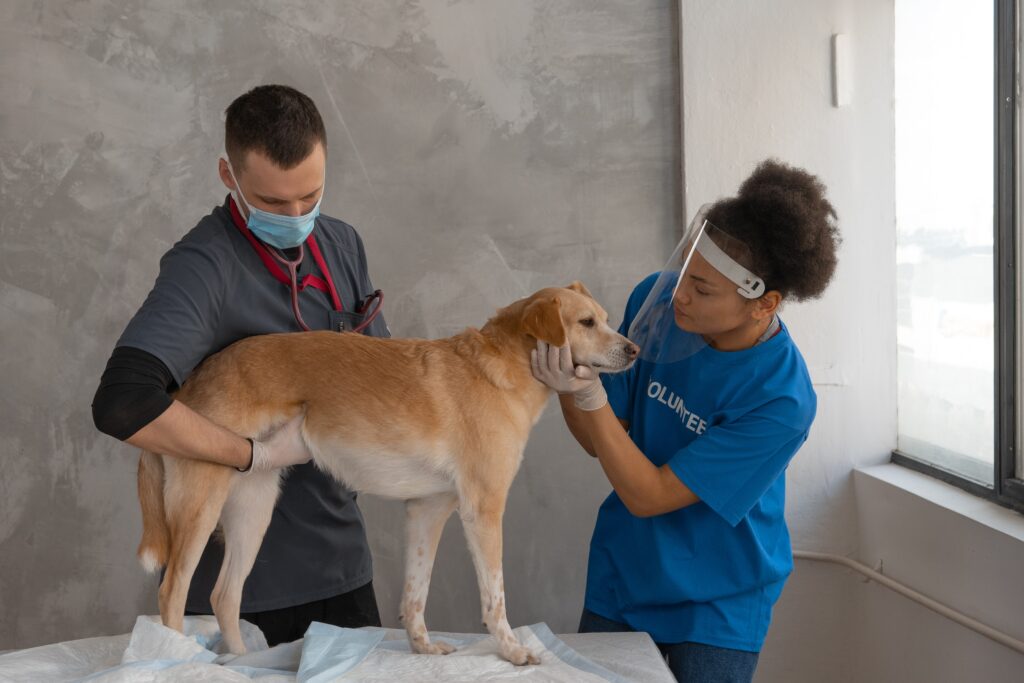
The Importance of Regular Puppy Health Check-ups
When it comes to puppy health check-ups, laughter is, unfortunately, not the best medicine. However, a healthy dose of humor can help take the edge off. As new puppy owners, we’re often anxious about our little fur-babies’ well-being. Consequently, regular check-ups ensure that they grow into happy, healthy adults.
In this guide, we’ll be exploring the importance of routine puppy health check-ups, what to expect during visits, common health concerns to monitor, and tips for maintaining your puppy’s health between check-ups. So, buckle up for a roller coaster ride of information, giggles, and furry cuteness!
Early Detection of Health Issues
Firstly, regular puppy health check-ups play a crucial role in detecting health issues early. By catching problems promptly, you can:
- Ensure timely treatment
- Prevent complications
- Save on long-term healthcare costs
Moreover, early intervention often leads to better outcomes for your furry friend.
Monitoring Growth and Development
Secondly, monitoring your puppy’s growth and development is essential. During check-ups, veterinarians will:
- Assess physical growth
- Evaluate cognitive development
- Identify potential developmental concerns
Furthermore, regular check-ups provide an opportunity to discuss your puppy’s nutritional needs and exercise regimen.
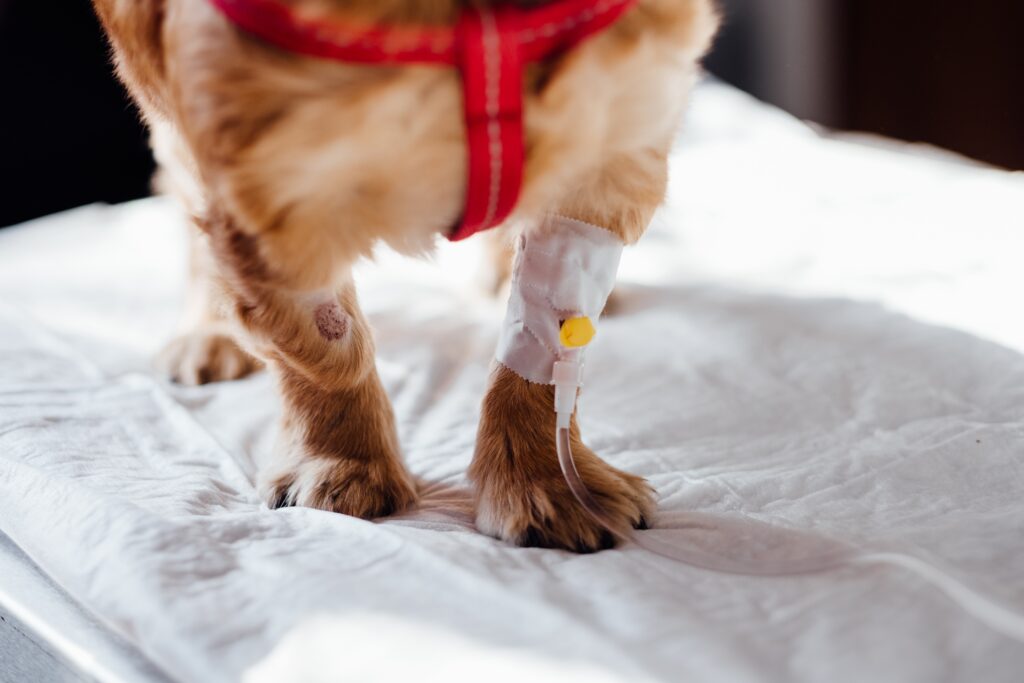
Vaccination and Parasite Control
Thirdly, puppy health check-ups keep your pet up-to-date on vaccinations and parasite control. Veterinarians will:
- Administer necessary vaccines
- Discuss booster shot schedules
- Provide guidance on flea, tick, and heartworm prevention
Consequently, these preventative measures protect your puppy from common diseases and infections.
Building a Strong Veterinary Relationship
Lastly, regular check-ups help build a strong relationship with your veterinarian. This partnership is vital for:
- Establishing trust between you, your puppy, and the veterinarian
- Ensuring continuity of care
- Facilitating open communication about your puppy’s health
In conclusion, regular puppy health check-ups promote early detection of issues, monitor growth and development, ensure vaccinations and parasite control, and foster a strong veterinary relationship.

What to Expect During Your Puppy’s Health Check-up Visits
Comprehensive Physical Examination
Firstly, during your puppy’s health check-up visits, a comprehensive physical examination is conducted. The veterinarian will:
- Check vital signs
- Inspect ears, eyes, and mouth
- Assess skin, coat, and body condition
Thus, the exam helps identify any signs of illness or abnormalities.
Vaccination and Deworming Schedule
Secondly, the vet will discuss and administer appropriate vaccinations and deworming treatments. Expect to:
- Receive a recommended vaccination schedule
- Learn about core and non-core vaccines
- Get advice on deworming frequency
Consequently, these steps ensure your puppy remains protected from common diseases and parasites.
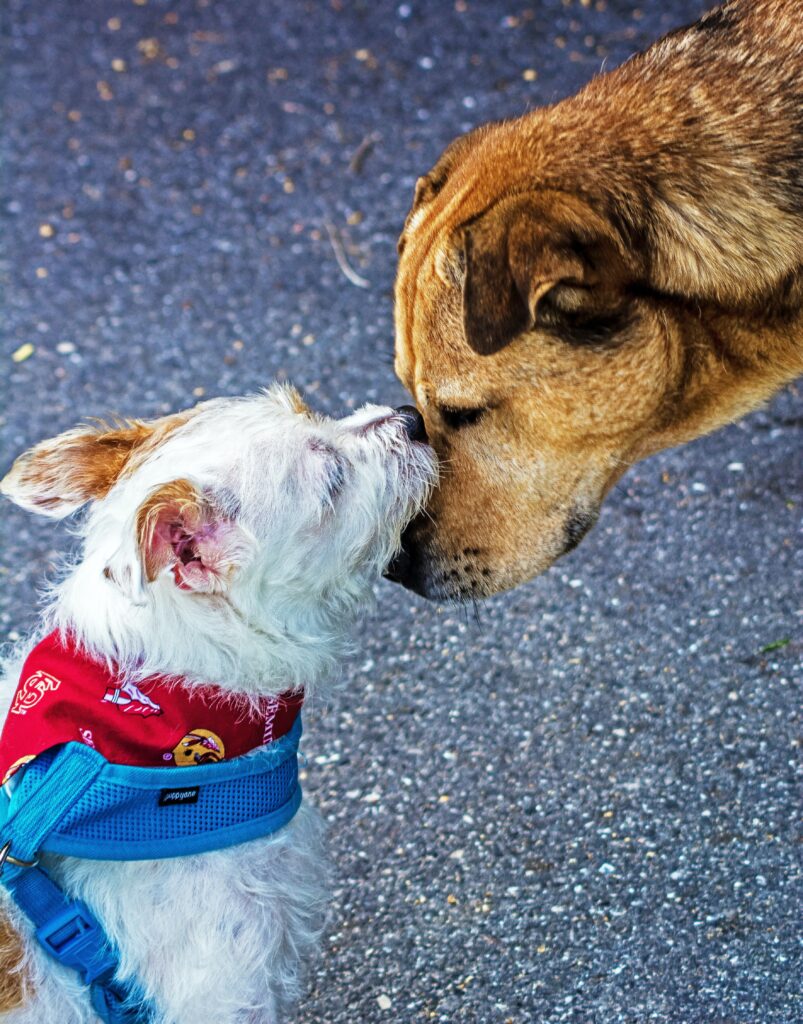
Growth and Development Assessment
Thirdly, your puppy’s growth and development will be assessed. The veterinarian will:
- Weigh your puppy
- Examine limbs, joints, and bones
- Discuss breed-specific growth patterns
By doing so, the vet ensures your puppy is growing and developing at an appropriate pace.
Nutritional and Behavioral Consultation
Lastly, expect a consultation on your puppy’s nutrition and behavior during check-up visits. The vet may:
- Offer dietary recommendations
- Address behavioral concerns
- Suggest training techniques
As a result, these discussions support your puppy’s overall well-being and promote a healthy lifestyle.

Common Health Concerns to Monitor in Puppies
Parasitic Infections in Puppies
Firstly, parasitic infections are common health concerns in puppies. Monitor for symptoms such as:
- Diarrhea
- Vomiting
- Weight loss
- Dull coat
As a result, regular puppy health check-ups help detect and treat parasitic infections early.
Respiratory Infections in Puppies
Secondly, puppies can be susceptible to respiratory infections. Be vigilant for signs like:
- Coughing
- Sneezing
- Nasal discharge
- Rapid breathing
Thus, early detection through puppy health check-ups enables prompt treatment and recovery.
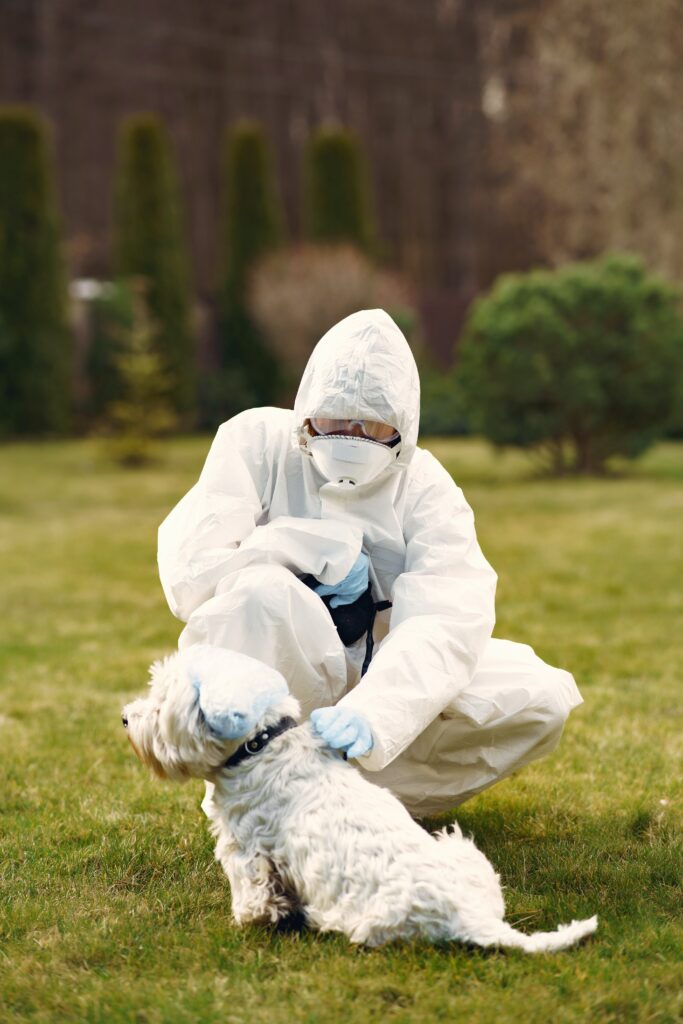
Skin and Ear Issues in Puppies
Thirdly, skin and ear problems are common in puppies. Watch for symptoms such as:
- Itching
- Redness
- Hair loss
- Ear discharge
Consequently, addressing these concerns during puppy health check-ups promotes overall well-being.
Gastrointestinal Issues in Puppies
Lastly, gastrointestinal issues may affect puppies. Observe for signs including:
- Loss of appetite
- Abdominal pain
- Constipation
- Excessive gas
Therefore, regular puppy health check-ups aid in identifying and managing gastrointestinal problems.

Tips for Maintaining Your Puppy’s Health Between Check-ups
Proper Nutrition for Your Puppy
Firstly, providing proper nutrition is vital between puppy health check-ups. Consider these tips:
- Offer age-appropriate, high-quality food
- Follow feeding guidelines
- Avoid human food and toxic substances
Thus, proper nutrition supports your puppy’s growth and development.
Regular Exercise and Socialization
Secondly, regular exercise and socialization are essential. Practice these activities:
- Daily walks or playtime
- Puppy training classes
- Introducing new people and pets
As a result, this helps maintain your puppy’s physical and mental health between check-ups.
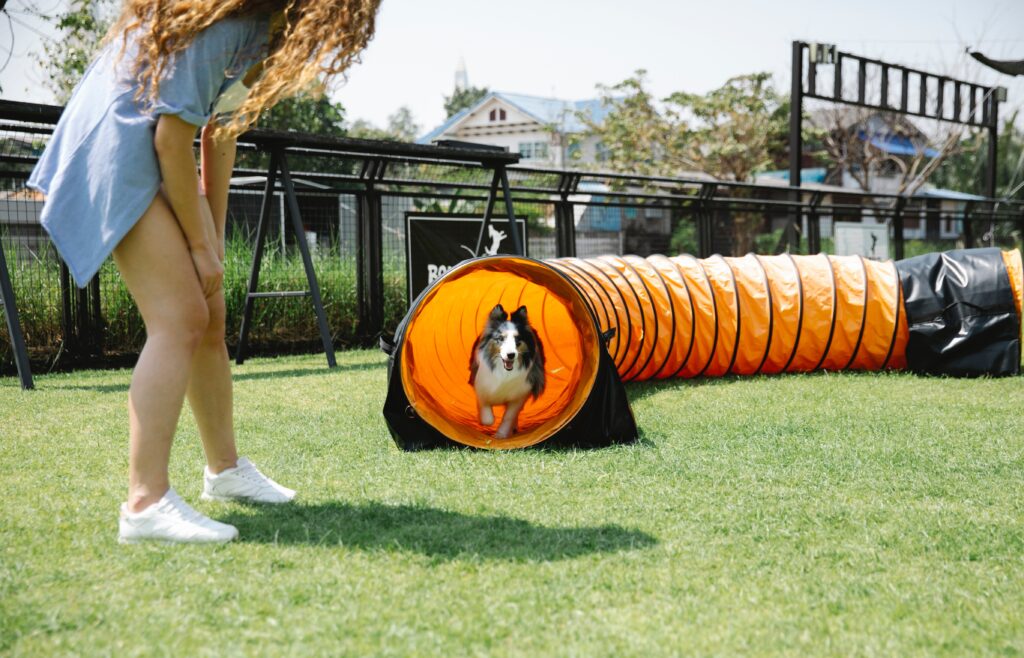
Preventative Care at Home
Thirdly, preventative care is important for maintaining health between puppy health check-ups. Take these steps:
- Administer flea and tick preventatives
- Brush your puppy’s teeth regularly
- Groom and inspect for abnormalities
Consequently, preventative care keeps your puppy healthy and reduces the risk of complications.
Monitoring for Signs of Illness
Lastly, monitor your puppy for signs of illness between health check-ups. Keep an eye out for:
- Changes in behavior or appetite
- Vomiting or diarrhea
- Lethargy or weakness
Therefore, early detection allows prompt treatment and helps maintain your puppy’s overall health.
Conclusion
By now, you should have a pretty good grasp of the ins and outs of puppy health check-ups. Undoubtedly, laughter and love make our puppies’ lives brighter. Nevertheless, let’s not forget that a solid foundation of health is just as important. So, take a moment to appreciate the wagging tails, wet noses, and playful pounces, knowing that you’re doing everything you can to keep them in tip-top shape.
In conclusion, taking care of our furry friends is a rewarding journey filled with love, joy, and occasional challenges. Armed with the knowledge from this guide, you’ll be ready to navigate the world of puppy health check-ups with confidence and humor. After all, laughter is contagious, and a healthy puppy is a happy puppy.